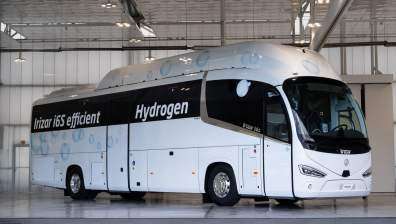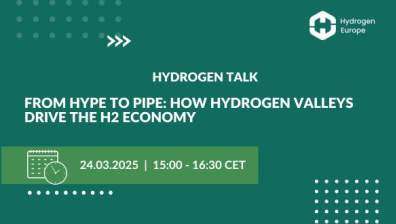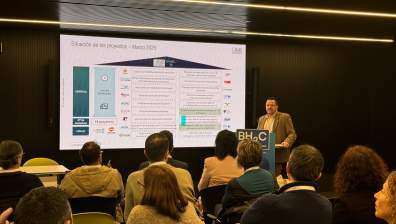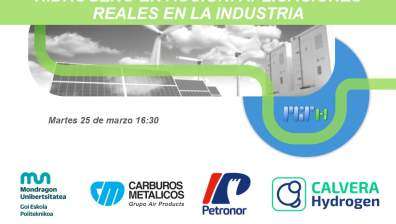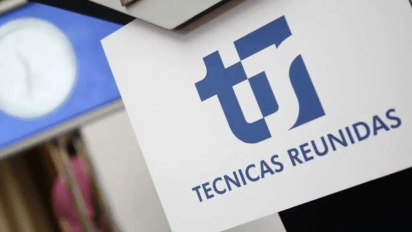
Técnicas Reunidas working in the STELAH project to design more efficient and scalable alkaline electrolysers.
The aim of the industrial research project STELAH, led by Técnicas Reunidas, is to develop and assess the performance of more efficient and scalable catalysts and electrodes for integration into alkaline electrolysis systems, validating different designs and operational parameters. The combination of advanced catalysts/electrodes and stack configurations will make it possible to produce green hydrogen more efficiently than the devices currently in use. In addition to Técnicas Reunidas, other project partners include Matteco Team, the AIJU Institute and the University of Valencia (UVEG).
Increasing the conductivity and electrochemical efficiency of electrolytes will improve the cost-effectiveness of alkaline electrolysers, whilst at the same time reducing their weight and volume. Another objective of STELAH is to reduce dependence on critical materials (IrO2 and Pt). The project has received a grant of 903,513.17 euros through the Strategic Cooperation Projects programme of the Valencian Innovation Agency (IVACE+i).
Over the first few months of the project, Técnicas Reunidas has conducted a preliminary assessment of the mechanical improvement of the different components that make up the electrolyser, based on models, simulations and analytical calculations of different electrochemical single-cell designs, to ensure the correct flow of electrolyte and generated gases. In addition, the company has adapted test benches for electrolysers that will be used to validate the catalysts and electrodes developed by Matteco, as well as to optimise operating conditions.
Source: Técnicas Reunidas
